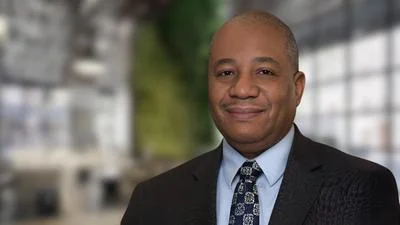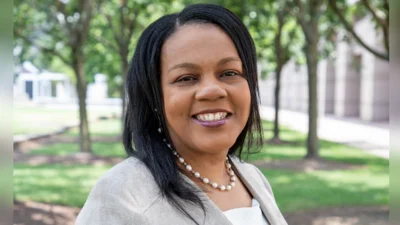The Center on Poverty, Work and Opportunity provides UNC law students the opportunity to understand what it means to represent the most vulnerable populations. | Courtesy Photo
The Center on Poverty, Work and Opportunity provides UNC law students the opportunity to understand what it means to represent the most vulnerable populations. | Courtesy Photo
Complaints about critical comments made by the director of a UNC center focused on poverty have led a committee of the UNC Board of Governors to recommend the center's closure.
"It, therefore, appears that the Poverty Center was recommended for closure based on the positions it took over state policies," Victor Flatt, director of the Center for Law, Environment, Adaptation and Resources at the UNC-Chapel Hill School of Law; and Ryke Longest, director of the Environmental Law & Policy Clinic at Duke Law School, said in a statement to the Charlotte Observer. "To close the Poverty Center for this reason endangers the very heart of free speech and legal education, not just in North Carolina, but nationwide."
The proposal now goes to the entire Board of Governors, and Flatt and Longest are speaking out against the recommendation.

UNC Chapel Hill Campus
| Facebook
Gene Nichols, director of the Center for Poverty, Work, and Opportunity, made comments about legislative decisions he felt were making poverty worse in North Carolina. Most consider state universities accountable to the people and the legislature in financial terms, according to the publication. Allocated funds can only be used for certain expenditures. Another type of oversight is at play when schools are censored or silenced because of political opinion.
Flatt and Longest represent a group of environmental law professors from across the country. They say that the responsibility often falls to law schools when requirements of environmental laws need to be reinforced.
"Beyond filling enforcement gaps and examining important issues about existing and future environmental laws and policies, we believe that practical experience in environmental centers and clinics is good for law students, helping them to blend theory and practice and develop a richer understanding of what it means to be a lawyer," Flatt and Longest said, according to the publication. "This not only vindicates existing environmental laws, but also provides a practical education to our students interested in working in the environmental law sphere."
Similar to the Poverty Center, much of the work of environmental law centers involves representing the least powerful in society. Laws designed to protect the public often make circumstances more difficult for the vulnerable ones. Lawyers have a responsibility to help the most vulnerable in society.
"We feel the threat to the Poverty Center, and more importantly those it represents, is similar in nature and therefore speak out against it," Flatt and Longest said.






 Alerts Sign-up
Alerts Sign-up